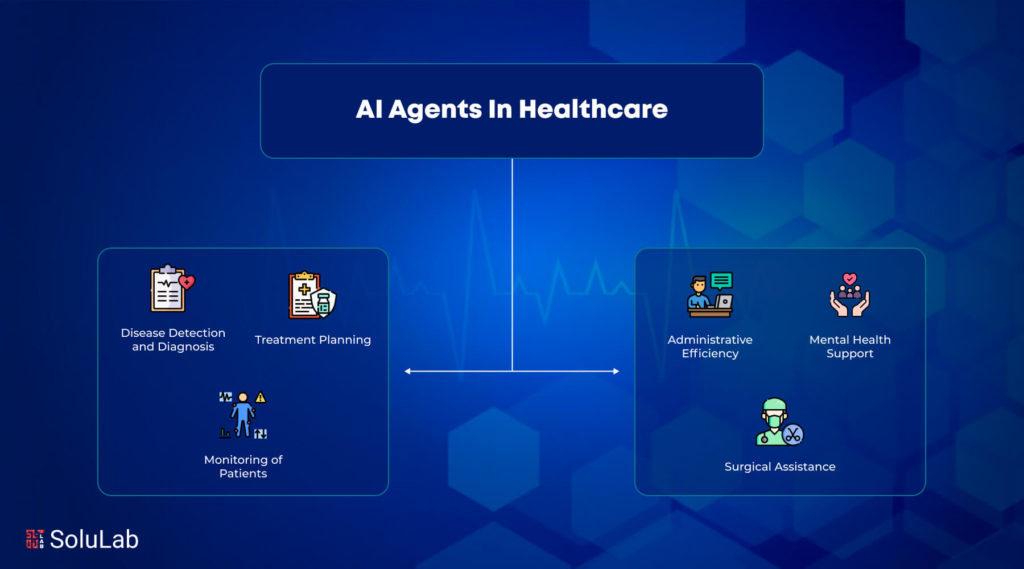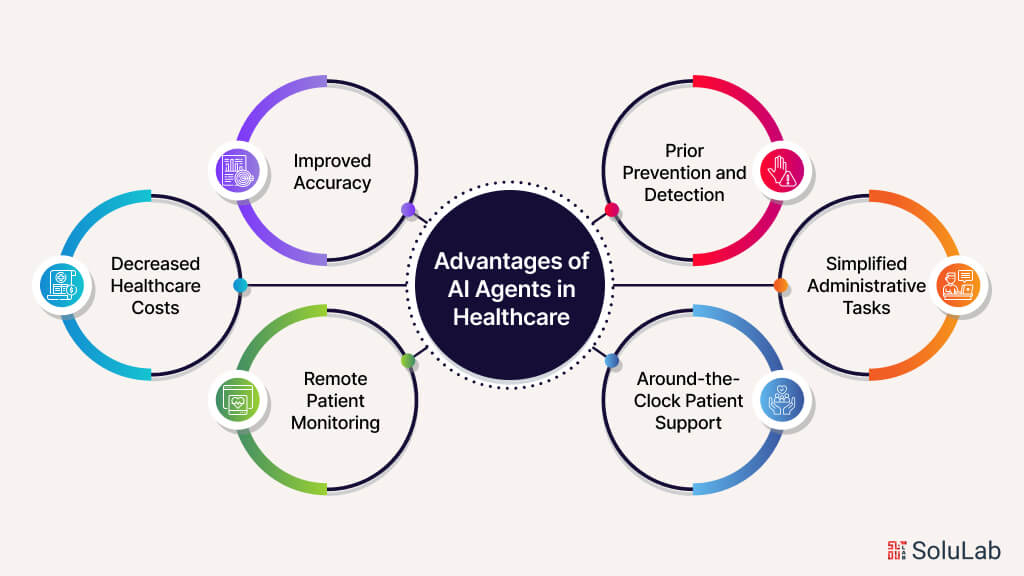How Insurance Functions for Elders: Secret Insights Into Medicare and Protection Options
Understanding insurance policy for elders, particularly Medicare, is essential for effective medical care administration. Medicare supplies important protection, yet its complexities can be overwhelming. Senior citizens must navigate various parts, such as Components A, B, and D, along with options like Medicare Benefit and Medigap policies. Each choice impacts their economic responsibilities and accessibility to solutions. Unpacking these elements reveals significant insights that can influence their healthcare decisions. What are the key facets seniors should consider?
Recognizing Medicare: A Summary

Medicare Components A and B: What They Cover
Medicare Parts A and B provide vital insurance coverage for seniors, addressing both hospital and medical solutions. Part A concentrates on health center insurance coverage, covering inpatient keeps and particular outpatient services. Meanwhile, Component B supplies protection for an array of medical services, including physician visits and preventative treatment.
Health Center Insurance Policy Protection
Exactly how do senior citizens browse the intricacies of hospital insurance policy coverage? Medicare Component An offers important healthcare facility insurance coverage, covering inpatient stays, competent nursing facility treatment, hospice services, and some home wellness treatment. This insurance coverage is essential for elders, as it helps handle the prices related to hospital stays and recovery.Medicare Component B, on the various other hand, enhances Component A by covering outpatient services, including doctor check outs, precautionary care, and diagnostic examinations. With each other, these two components form a detailed security web for elders, ensuring they have access to needed treatment. Recognizing the distinctions between Components A and B enables elders to make educated decisions concerning their health care demands and monetary responsibilities connected with hospital solutions.
Medical Services Coverage
While going across the complexities of medical solutions protection, elders benefit from recognizing the certain offerings of Medicare Components A and B. Medicare Component A largely covers inpatient medical facility stays, competent nursing facility treatment, hospice care, and some home wellness care services. In contrast, Medicare Component B concentrates on outpatient services, consisting of medical professional brows through, preventive treatment, diagnostic examinations, and durable clinical tools. In Addition, Part B covers certain psychological health and wellness solutions and outpatient recovery. With each other, these components give a complete framework for managing healthcare requirements. Seniors ought to familiarize themselves with the subtleties of these insurance coverage alternatives to guarantee they maximize their advantages and minimize out-of-pocket expenditures, eventually enhancing their access to essential clinical services.
Medicare Advantage Plans: An Alternative Method
An expanding variety of seniors are exploring Medicare Advantage Program as a feasible choice to traditional Medicare. These strategies, likewise referred to as Medicare Part C, are provided by personal insurer and include all benefits of Medicare Components A and B, frequently consisting of extra solutions such as vision, oral, and health programs. Numerous elders value the streamlined technique, as these strategies normally provide a solitary policy that covers different healthcare needs.Medicare Benefit Plans can offer an affordable choice, with some strategies even including reduced or no month-to-month premiums. Nonetheless, it is vital for senior citizens to assess the network of hospitals and physicians connected with each strategy, as well as any kind of extra out-of-pocket costs that might emerge. Ultimately, selecting a Medicare Benefit Strategy needs cautious factor to consider of specific health demands and economic situations, making certain senior citizens pick the alternative that best fits their way of living and healthcare requirements.
Prescription Medicine Coverage: Medicare Part D
Medicare Component D supplies important prescription medicine insurance coverage for senior citizens, helping to handle the costs of required drugs. Recognizing the registration duration is vital for recipients to maximize their benefits and prevent fines. In addition, expense factors to consider play a significant role in choosing the right plan to match specific health needs and financial circumstances.
Protection Fundamentals Explained
Prescription drug coverage is an essential element of healthcare for senior citizens, ensuring access to necessary medications. Medicare Component D provides a variety of plans made to help cover prescription drug prices. These plans are given by exclusive insurance provider authorized by Medicare and can vary widely with regard to costs, deductibles, and covered medicines. Beneficiaries typically pay a regular monthly costs, along with copayments or coinsurance for each prescription. It is essential for senior citizens to evaluate their alternatives yearly, as expenses and formularies may alter. Some individuals may likewise receive Extra Aid, a program that aids with out-of-pocket costs. Inevitably, recognizing these essentials permits senior citizens to make educated decisions about their prescription medicine protection.
Enrollment Period Information
Recognizing the various enrollment periods for Medicare Part D is crucial for seniors looking for to protect their prescription medication coverage. The Preliminary Enrollment Duration (IEP) lasts seven months, beginning three months prior to a specific turns 65 and ending 3 months after. Throughout this time around, elders can enlist in a Component D plan scot-free. The Yearly Registration Period (AEP) runs from October 15 to December 7 every year, allowing beneficiaries to make changes to their existing plans or register in a brand-new one. Additionally, senior citizens might qualify for an Unique Enrollment Period (SEP) because of certain conditions, such as moving or losing other insurance coverage. Recognition of these timeframes is important for making certain appropriate prescription drug protection.
Price Considerations Review
While steering through the complexities of healthcare expenses, senior citizens need to think about the monetary aspects of Medicare Component D, which supplies vital prescription drug coverage. This program includes different prices, including month-to-month costs, yearly deductibles, and copayments for medications. Premiums can vary significantly based on the chosen plan and revenue level. Furthermore, beneficiaries may come across a coverage void, often described as the "donut opening," where out-of-pocket expenses increase until reaching a specific investing threshold. Recognizing these price frameworks is essential for senior citizens to successfully manage their medical care spending plans. It is a good idea for senior citizens to examine their prescription needs annually, as medicines and strategy options might alter, affecting general expenses and coverage adequacy.
Medigap Policies: Supplementing Your Medicare Insurance Coverage

Medicaid: Additional Assistance for Low-Income Seniors
For seniors facing monetary difficulties, Medicaid acts as an essential safeguard, offering important healthcare protection and assistance. This program, carried out collectively by government and state federal governments, particularly targets low-income people, including the senior. Medicaid covers a wide variety of services, such as medical facility stays, medical professional gos to, lasting care, and home health and wellness services, which are essential for maintaining wellness and health. Qualification for Medicaid differs by state, commonly based upon earnings, possessions, and particular clinical demands. Several senior citizens may get approved for both Medicare and Medicaid, called dual qualification, which can help cover costs that Medicare does not, such as copayments and deductibles. Additionally, Medicaid may provide support with prescription medication costs with programs designed for low-income beneficiaries. Generally, Medicaid plays a substantial function in making sure that linked here low-income senior citizens have accessibility to necessary medical care services, advertising better health results and lifestyle.
Navigating the Registration Refine: Secret Timelines and Tips
Exactly how can senior citizens effectively browse the complicated registration process for health care insurance policy? Comprehending vital timelines is vital. The first enrollment duration for Medicare begins three months prior to the private turns 65, extends through the month of their birthday, and continues for 3 months after. During this duration, senior citizens can enroll in Medicare Part A and Part B without penalties.Additionally, the annual open enrollment duration for Medicare Advantage and Component D runs from October 15 to December 7 yearly, allowing changes in protection. Elders are suggested to analyze their existing health needs and testimonial strategy choices throughout this time.To facilitate a smooth registration experience, using resources such as the Medicare check this site out site or getting in touch with state medical insurance assistance programs can offer important assistance. Keeping an eye on deadlines and essential documents will certainly better assure that elders secure one of the most suitable coverage for their healthcare needs.
Frequently Asked Inquiries

Can I Keep My Current Medical Professional With Medicare Protection?
The question of preserving an existing doctor under Medicare coverage commonly relies on the specific plan picked. Many Medicare Advantage strategies might require using a network of carriers, while Original Medicare typically allows more comprehensive access to medical professionals.
What Occurs if I Miss the Registration Period?
They may face delayed coverage, greater costs, or possible fines if a specific misses out on the enrollment period. This situation can cause gaps in medical care gain access to, prompting the demand for careful preparation and understanding of deadlines
Are Oral and Vision Solutions Covered by Medicare?
Dental and vision solutions are generally not covered by Medicare. However, some Medicare Benefit plans might use these benefits. Senior citizens should explore their choices to identify if added insurance coverage is available for these important solutions.
Just how Do I Submit a Complaint About My Medicare Plan?
To submit a problem concerning a Medicare plan, one ought to get in touch with Medicare directly at 1-800-MEDICARE or visit their site. Coverage issues assists improve solutions and warranties that concerns are dealt with immediately.
Can I Change My Medicare Strategy After Enrollment?
Transforming a Medicare plan after registration is possible throughout designated periods, such as the Yearly Registration Duration or Special Registration Durations (Florida Medicare Agent). Individuals should assess their choices meticulously to guarantee they choose the ideal insurance coverage for their requirements
Conclusion
In summary, understanding the ins and outs of Medicare and its numerous parts is important for senior citizens seeking to enhance their medical care insurance coverage. By exploring Medicare Components A and B, Benefit Plans, Part D for prescriptions, and Medigap plans, seniors can make educated choices that lessen out-of-pocket expenditures. In addition, recognition of Medicaid choices gives further support for low-income people. Assisting the registration procedure with key timelines guarantees that seniors can access the essential solutions they need for their health. The program is divided right into Original Medicare and Medicare Advantage, each offering unique benefits and insurance coverage alternatives. While passing through the intricacies of medical solutions insurance coverage, senior citizens benefit from understanding the certain offerings of Medicare Parts A and B. Medicare Component A mostly covers inpatient healthcare facility stays, experienced nursing facility treatment, hospice care, and some home health treatment services. A growing number of elders are discovering Medicare Advantage Plans as a viable option to conventional Medicare. Many senior citizens might qualify for both Medicare and Medicaid, understood as twin qualification, which can assist cover prices that Medicare does not, such as deductibles and copayments. Throughout this duration, senior citizens can enlist in Medicare Part A and Part B without penalties.Additionally, the annual open enrollment duration for Medicare Advantage and Part D runs from October 15 to December 7 each visit homepage year, enabling changes in coverage.